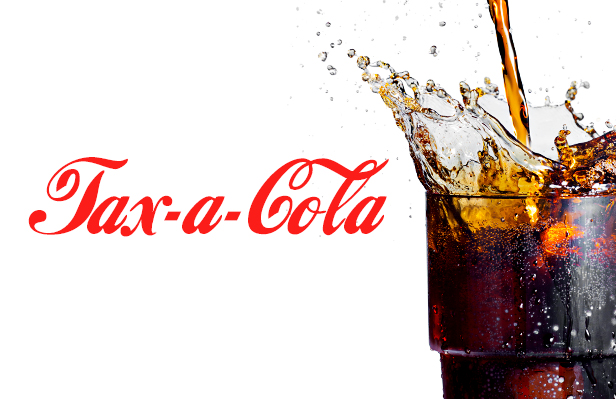Media

Sugary Drink Tax: Not So Sweet for Philadelphia
Such a believer is Philadelphia Mayor Jim Kenney in universal preschool that he supports a punitive tax on low-income residents to pay for it. During his stint on City Council, Kenney twice voted against soda taxes—but now, as mayor, Kenney favors a 3-cents-per-ounce sugary drink tax.
Although Kenney maintains a soda tax will only hit corporations, the experience in Berkeley, California—the lone American city to enact a sugary drink tax—tells a different story. A University of California-Berkeley study found that 50 to 70 percent of the tax is passed on to consumers.
Kenney estimates raising taxes on low-income residents could generate $400 million in new revenue over the next five years—with $256 million earmarked for universal pre-K.
Does publicly-funded preschool have a good track record in other cities? Not exactly. The evidence on pre-K effectiveness is mixed, according to a report from the American Enterprise Institute (AEI) which examines the body of research on early childhood education.
Children enrolled in universal pre-K often see no significant learning gains by the time they reach third grade, compared to students not enrolled in pre-K. This was the experience in Tennessee’s Voluntary Pre-K Program, as well as the Head Start Impact Study, where students not enrolled in preschool caught up to their preschooled peers by third grade.
From the “Key Findings” section of the Head Start Impact Study:
There were initial positive impacts from having access to Head Start, but by the end of 3rd grade there were very few impacts found for either cohort in any of the four domains of cognitive, social-emotional, health and parenting practices. The few impacts that were found did not show a clear pattern of favorable or unfavorable impacts for children.
Other studies purporting to show “pre-K works” are narrow in scope. For example, the Perry Preschool Program, commonly cited by defenders of universal pre-K, only studied 123 students. It also included weekly home visits by teachers to participating families—which would be nearly impossible to scale up on a city-wide basis across Philadelphia.
To recap: the most prominent item on Kenney's first-year agenda is a large tax on low-income Philadelphians to fund a program with poor outcomes in other cities.
What’s not to like?